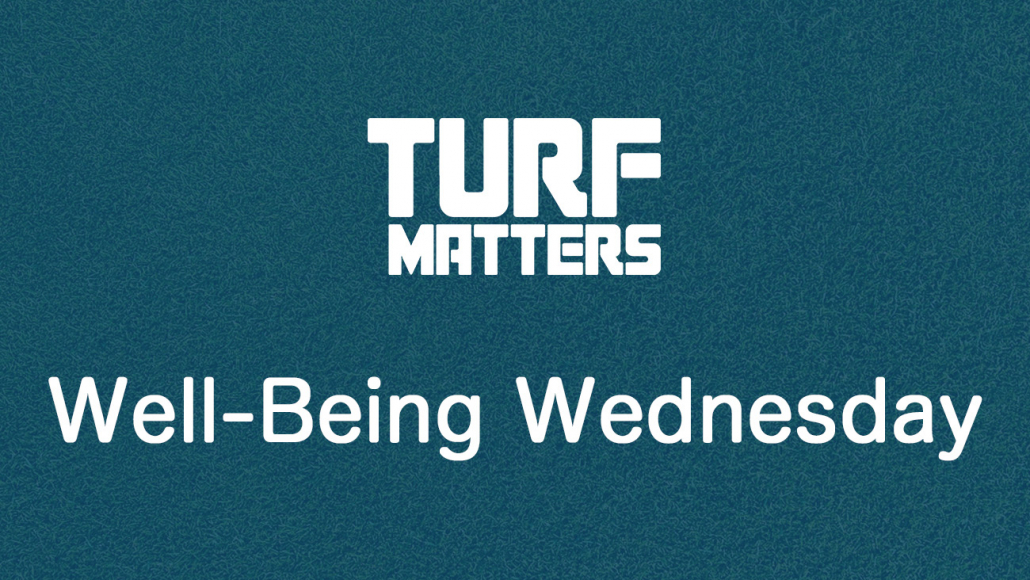Well-being Wednesday: what is stress?: We all know what it’s like to feel stressed, but it’s not easy to pin down exactly what stress means. When we say things like “this is stressful” or “I’m stressed”, we might be talking about:
- Situations or events that put pressure on us – for example, times where we have lots to do and think about, or don’t have much control over what happens.
- Our reaction to being placed under pressure – the feelings we get when we have demands placed on us that we find difficult to cope with.

Well-being Wednesday: what is stress?
There’s no medical definition of stress, and health care professionals often disagree over whether stress is the cause of problems or the result of them. This can make it difficult for you to work out what causes your feelings of stress, or how to deal with them. But whatever your personal definition of stress is, it’s likely that you can learn to manage your stress better by:
- managing external pressures, so stressful situations don’t seem to happen to you quite so often
- developing your emotional resilience, so you’re better at coping with tough situations when they do happen and don’t feel quite so stressed
Is stress a mental health problem?
Being under pressure is a normal part of life. It can help you take action, feel more energised and get results. But if you often become overwhelmed by stress, these feelings could start to be a problem for you.
Stress isn’t a psychiatric diagnosis, but it’s closely linked to your mental health in two important ways:
- Stress can cause mental health problems, and make existing problems worse. For example, if you often struggle to manage feelings of stress, you might develop a mental health problem like anxiety or depression.
- Mental health problems can cause stress. You might find coping with the day-to-day symptoms of your mental health problem, as well as potentially needing to manage medication, heath care appointments or treatments, can become extra sources of stress.
This can start to feel like a vicious circle, and it might be hard to see where stress ends and your mental health problem begins.
Why does stress affect me physically?
You might find that your first clues about being stressed are physical signs, such as tiredness, headaches or an upset stomach.
There could be many reasons for this, as when we feel stressed we often find it hard to sleep or eat well, and poor diet and lack of sleep can both affect our physical health. This in turn can make us feel more stressed emotionally.
Also, when we feel anxious, our bodies release hormones called cortisol and adrenaline. (This is the body’s automatic way of preparing to respond to a threat, sometimes called the ‘fight, flight or freeze’ response). If you’re often stressed then you’re probably producing high levels of these hormones, which can make you feel physically unwell and could affect your health in the longer term.
For the latest industry news visit turfmatters.co.uk/news
Get all of the big headlines, pictures, opinions and videos on stories that matter to you.
Follow us on Twitter and Instagram for fun, fresh and engaging content.
You can also find us on Facebook for more of your must-see news, features, videos and pictures from Turf Matters.

























